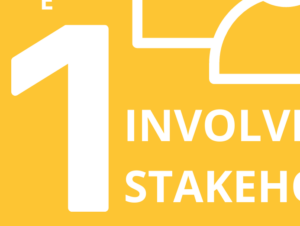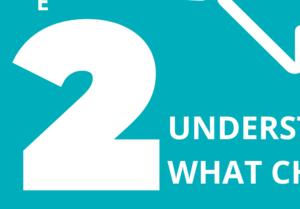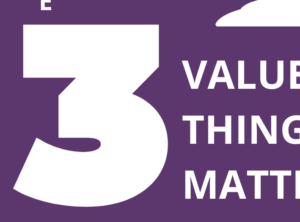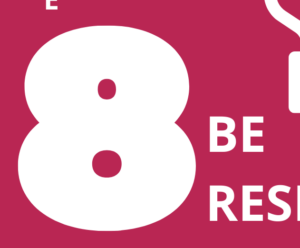Standards and Guidance
The Principles
The Principles of Social Value are the global standards for social value measurement and management. They have been developed through engagement with stakeholders across the world – including social enterprises, civil society organisations, investors, small and large companies, evaluators, researchers, practitioners, academics and policy makers.
The Principles, together with the standards set out for the application of each Principle, enable organisations and individuals to effectively measure and manage the social value they create.
Standards for applying the Principles
The Standards enable any organization – large or small, private or public – to understand and report on their social impacts in an internationally consistent and credible way.

Principle 1: Involve stakeholders
Involving stakeholders is at the heart of accounting for value and plays a key role in how you apply the other social value principles. The standard focuses on involving all stakeholders (not only intended beneficiaries) who experience change in their lives (outcomes) as a result of an activity or intervention.

Principle 2: Understand what changes
Articulate how change is created and evaluate this through evidence gathered, recognising positive and negative changes as well as those that are intended and unintended.

Principle 3: Value the things that matter
Making decisions about allocating resources between different options needs to recognise the values of stakeholders. Value refers to the relative importance of different outcomes. It is informed by stakeholders’ preferences.

Principle 4: Only include what is material
Establish the boundaries of what information and evidence must be included in an account of value to give a true and fair picture, and one that is based on the evidence from stakeholders so decisions taken focus on the changes that matter.

Principle 5: Do not overclaim
Please note, the standard on applying Principle 5: Do not overclaim is due to be published by Social Value International in early 2023.

Principle 6: Be transparent
Demonstrate the basis on which the analysis may be considered accurate and honest, and show that it will be reported to and discussed with stakeholders.

Principle 7: Verify the result
Ensure appropriate verification of results in line with the decisions being supported.

Principle 8: Be responsive
Pursue optimum Social Value based on decision making that is timely and supported by appropriate accounting and reporting.
The Guide to SROI
The Guide to SROI provides a clear framework for anyone interested in measuring, managing and accounting for social value or social impact.
This Guide was originally written in 2009 with the UK Cabinet Office. Updated in 2012, it is the result of consultation with practitioners, members, academics, and others with an interest in social and environmental value and impact measurement.
The Guide is also available in 10 different languages including Russian, Japanese and Portuguese. Browse and download the full selection from the Social Value International website.
Value Map
This is an Excel spreadsheet of the value map with preset formulas to help you calculate your impact. The template also includes a page of guidance notes to assist you in using the value map.
This spreadsheet includes two versions of the value map;
- SROI Value Map
- Value Map (non-SROI)
Additional Guidance
Supplementary Guidance on Using SROI
Maximise Your Impact : A Guide for Social Entrepreneurs
For those who just want an initial introduction to SROI, we can recommend the Starting Out on SROI Guide, to be used with the Self Assessment Tool.
